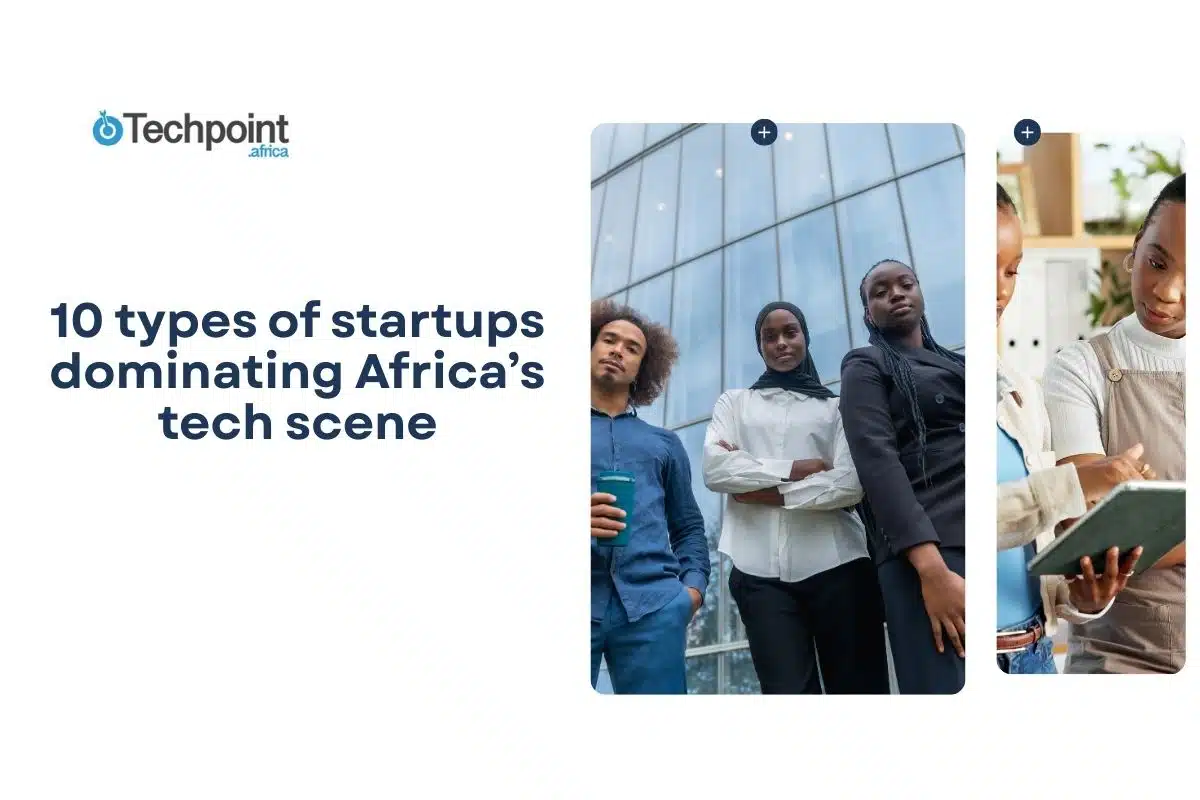MTN, Africa’s largest telecommunications service provider, is betting big on the cloud as it hopes to replicate its telco success in the cloud service space.
Two weeks ago, the company launched a Tier III data centre in Lagos, the latest move in its ongoing transformation from a traditional telecommunications provider to a full-fledged technology company.
Closely following the data centre launch, the company introduced the MTN Cloud Accelerator, a 12-week programme targeting growth-stage African startups and expected to begin in September 2025. Participants will gain access to one-on-one mentorship with industry experts, introductions to potential investors, cloud credits, and up to ₦5 million in grant funding.
By employing this strategy, MTN is borrowing from a well-established playbook perfected by global cloud giants such as AWS and Google Cloud.
For years, these companies have used generous startup credit programmes to onboard early-stage companies, betting that once developers build on their platforms, they’ll stick around. It’s a long-term strategy designed to hook startups early, earn their trust, and grow alongside them.
But while cloud credits are a great on-ramp strategy, startup founders and developers in Nigeria say the company will need to do more to get startups and large corporates to stick around for the long term.
Is localised pricing enough to win startups?
Cost-cutting is a significant priority for businesses, especially for Nigerian startups that generate revenue in naira but must pay for dollar-denominated technology expenses.
When choosing a cloud service provider, pricing and ease of use rank high on the list of considerations for local startups, Leke Abiodun, a software developer, tells Techpoint Africa.
MTN understands how crucial pricing is for startups, with its Chief Enterprise Business Officer, Lynda Saint-Nwafor, pointing out at the launch of its data centre that there’s a difference between paying in naira and pricing in naira.

Victoria Fakiya – Senior Writer
Techpoint Digest
Make your startup impossible to overlook
Discover the proven system to pitch your startup to the media, and finally get noticed.
Although AWS now accepts naira payments, its dollar-based pricing structure leaves businesses vulnerable to currency fluctuations. Abiodun highlights that naira-denominated cloud costs would offer crucial stability for bootstrapped startups.
But while acknowledging that pricing is a crucial factor for startups, Elias Akinola, CTO at Touch and Pay, notes that direct price comparisons are often complex because of the unique services that businesses consume.
Akinola says that MTN must do more than price in naira if it hopes to attract and keep startups. One way the company can do this is to have a transparent pricing mechanism that ensures businesses can have a fair idea of their cloud costs.
“The pricing has to be transparent; there can’t be hidden charges. For example, Azure offers something that they call an infrastructure calculator so it can give you an idea of all the infrastructure that you require and the estimates.”
However, he concedes that while a significant price drop might raise eyebrows, it could also spur some adoption of MTN’s cloud services.
Can MTN compete on technical abilities?
Since MTN hasn’t disclosed a lot of information about its technical offerings, it can be challenging to fairly compare its scope to that of its rivals. However, Akinola notes that the true value of established cloud providers lies in the robust support ecosystems they’ve built over time.
Companies like AWS, Microsoft Azure, and Google Cloud offer extensive certification and training programmes that enable businesses to tap into a global network of cloud professionals. This support is essential, he says, given the technical complexity of modern cloud infrastructure.
“Most CSPs have forums. There’s a very high chance that when you have a problem and you search, you may find people who have experienced that problem. If someone new is coming, they need to build that from scratch. If they feel that they’re doing something different from what the industry is used to, they need to document it,” he notes.
MTN is a newcomer to the space and lacks this mature support infrastructure. However, Akinola believes this gap isn’t insurmountable.
With sustained investment and a focus on community-building, MTN could gradually cultivate a local network of certified professionals and partners, an asset that could become just as critical as competitive pricing.
Beyond pricing and technical offerings, Abiodun adds that the ease of use and speed of deployment are major considerations for developers and startups.
“The user experience is very important. How easy is it to use? How fast can I deploy my applications on your service? Is it something I can set up myself in at least 24 hours, or do I need to hire a professional to set it up for me?” he notes.
Why MTN cannot play the data sovereignty game
In February 2025, the National Information Technology Development Agency (NITDA) disclosed a data classification framework that would mandate businesses operating in Nigeria to store certain data types in-country. Businesses in the finance, healthcare, and government sectors will be required to store their data within the country’s borders.
This policy seemingly creates an opportunity for local cloud providers, with MTN jumping on it at the launch.
“Hosting Nigerian businesses’ data in Nigeria is protecting them against exposure to sovereign data risks in foreign states,” MTN CEO Karl Toriola stated at the launch.
However, Akinola argues that playing the data sovereignty game is the wrong move for MTN, noting that bigger and better-funded competitors won’t think twice about setting up data centres in the country if they believe the market is worth the investment.
Instead, MTN must focus on technical benefits such as lower latency and extensive technical support, considering its proximity to businesses.
What could MTN’s advantage be?
Switching cloud service providers is a complex and expensive process. Beyond data transfer fees, businesses also face steep costs for refactoring applications, potential downtime, and staff retraining. This is in addition to navigating licensing or compliance hurdles.
These challenges, coupled with vendor lock-in and the risk of service disruption, are why many companies hesitate to move, even when dissatisfied, and pose a major risk for new cloud entrants.
While MTN will undoubtedly go after established businesses, Akinola doubts that many will be keen to switch service providers until they’ve gotten assurances about MTN’s reliability. However, a few may choose them for less critical operations, a challenge that Okra faced with Nebula. While Okra could not afford to wait it out, MTN, being a much larger organisation, can.
Regardless, he anticipates that a few traditional institutions, such as banks, will likely try the service due to regulatory compliance requirements.











